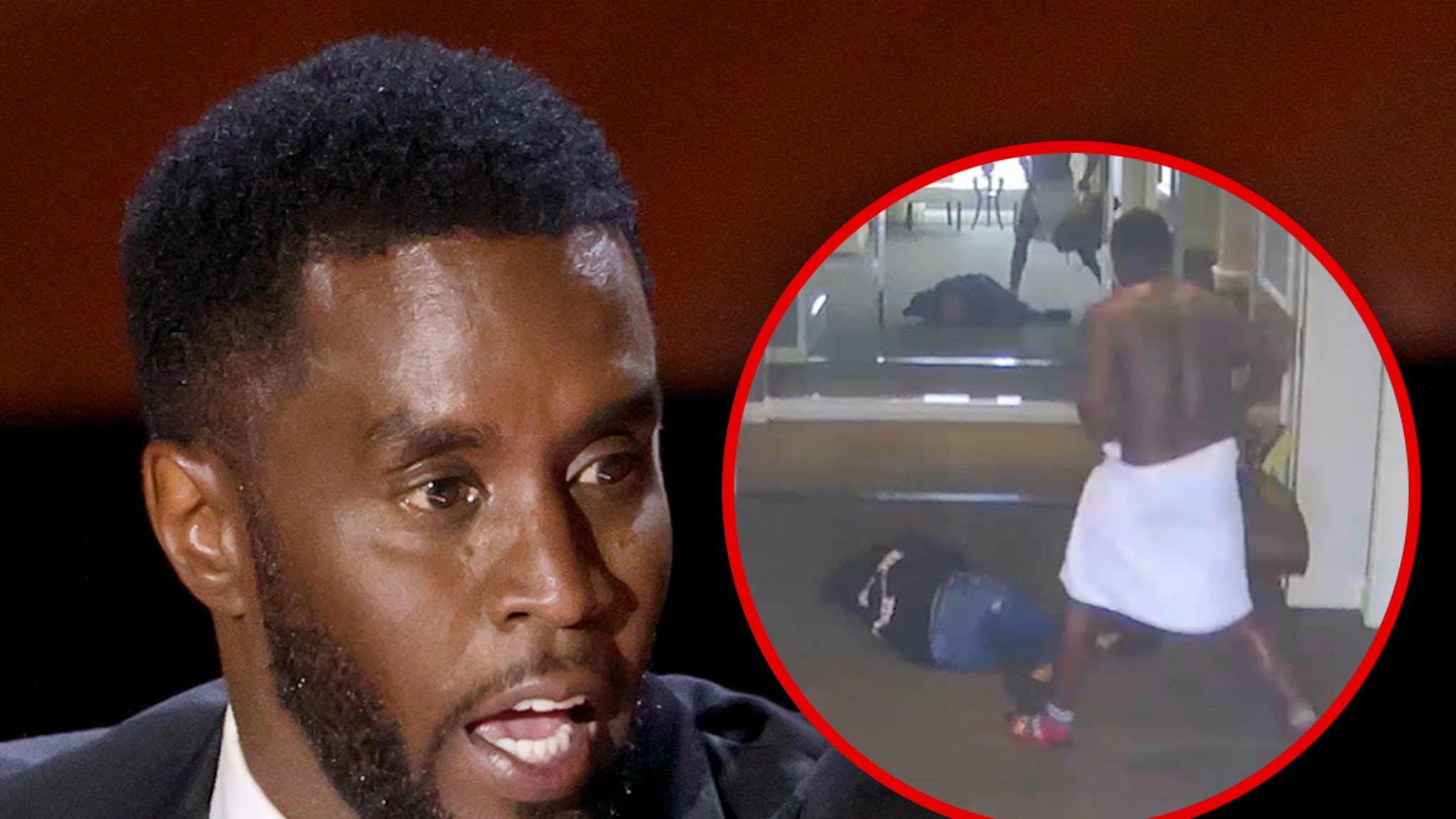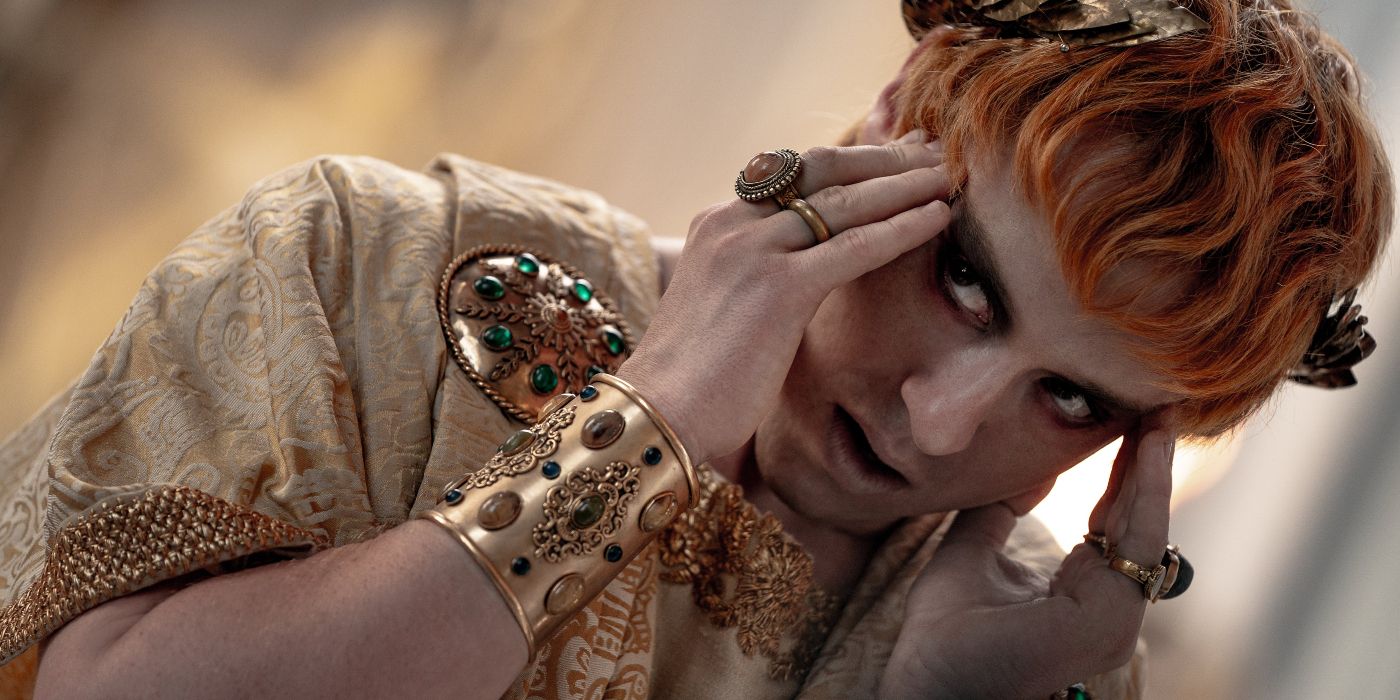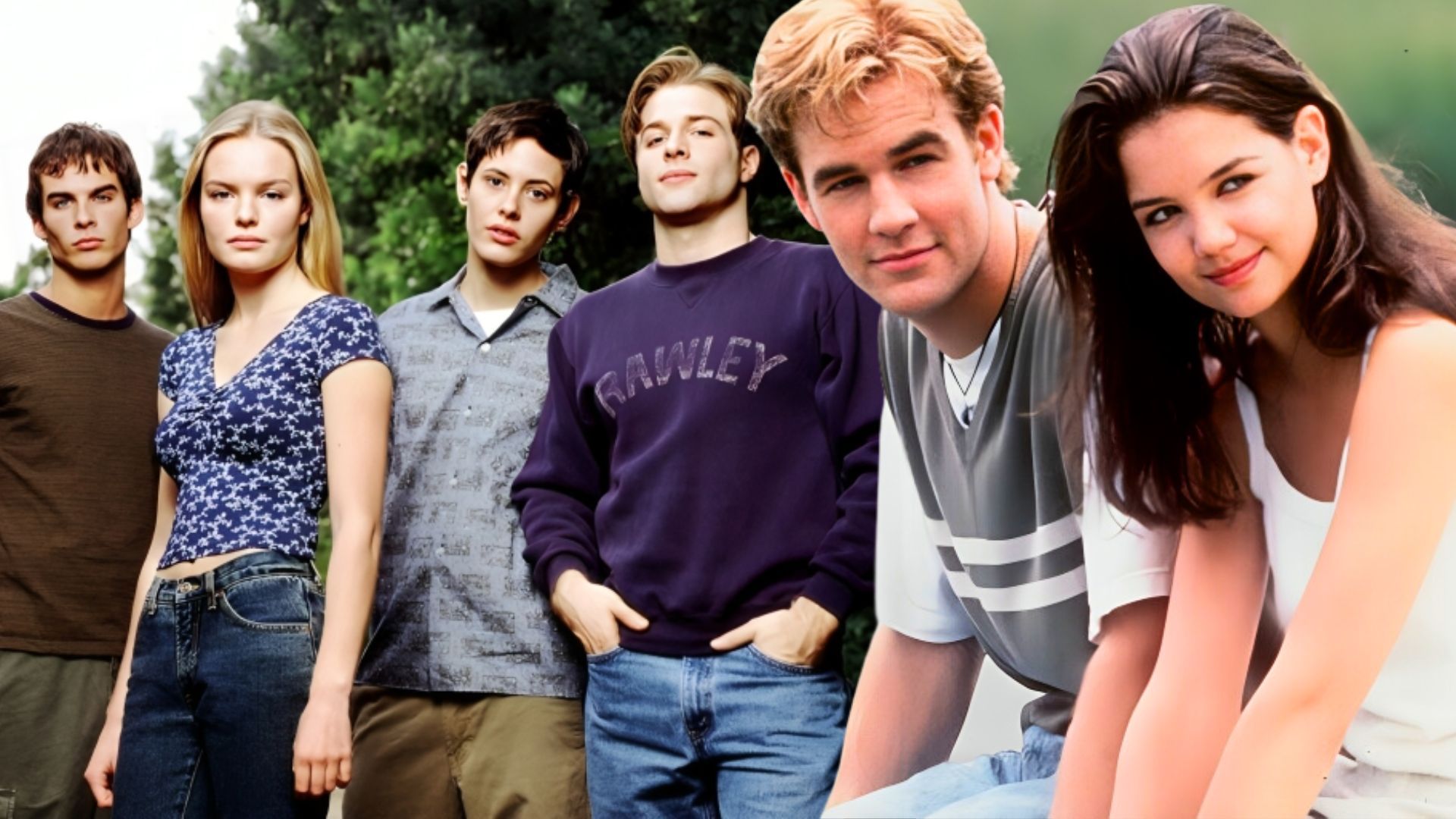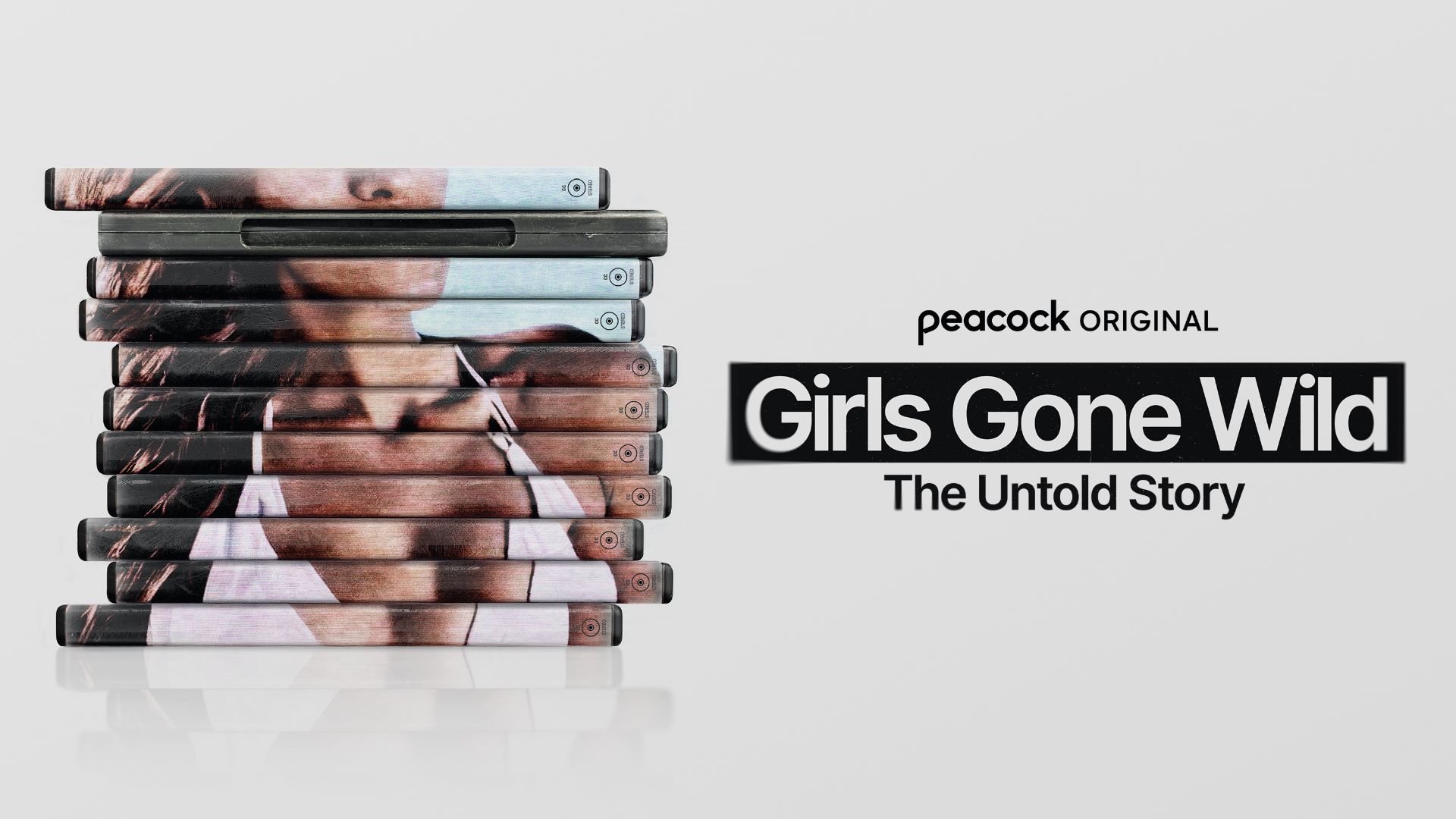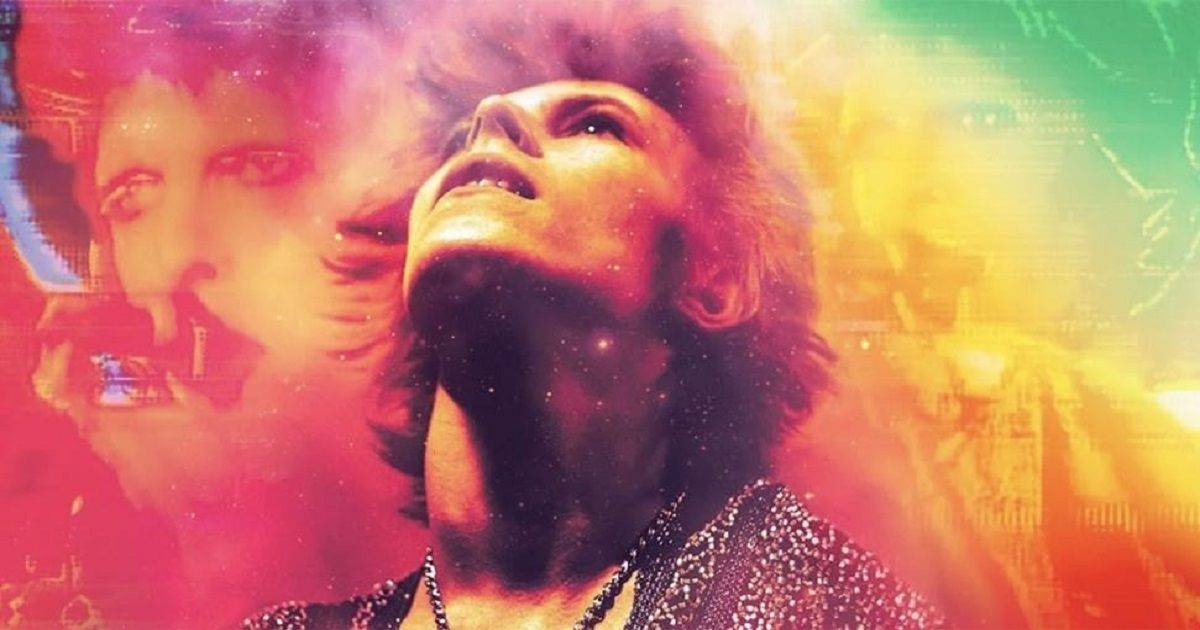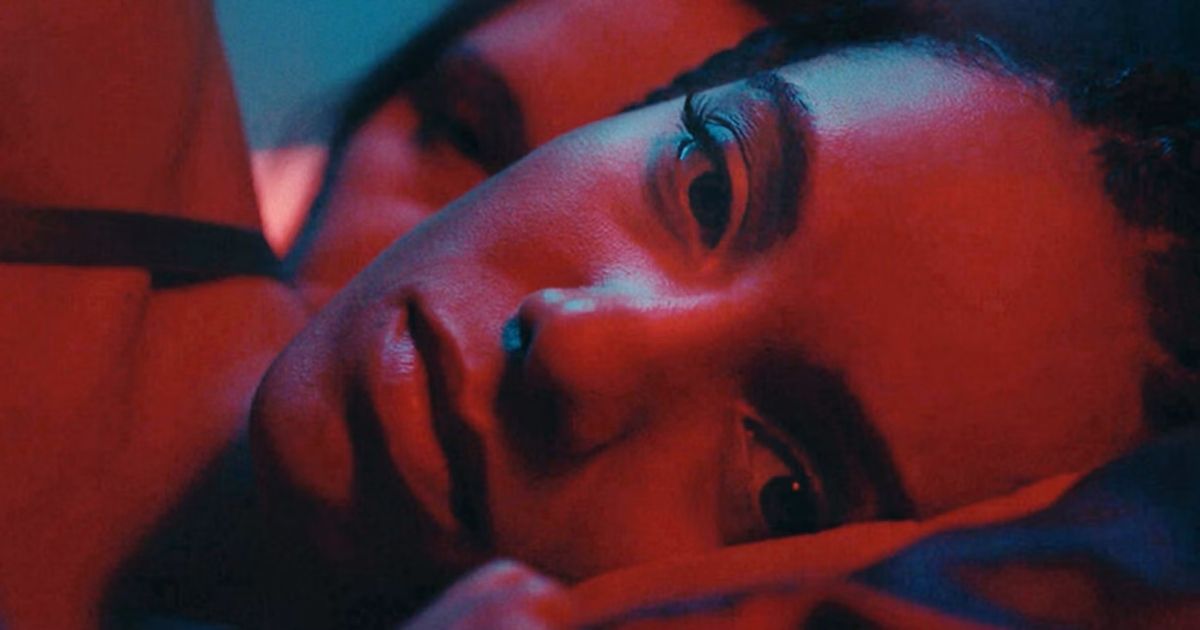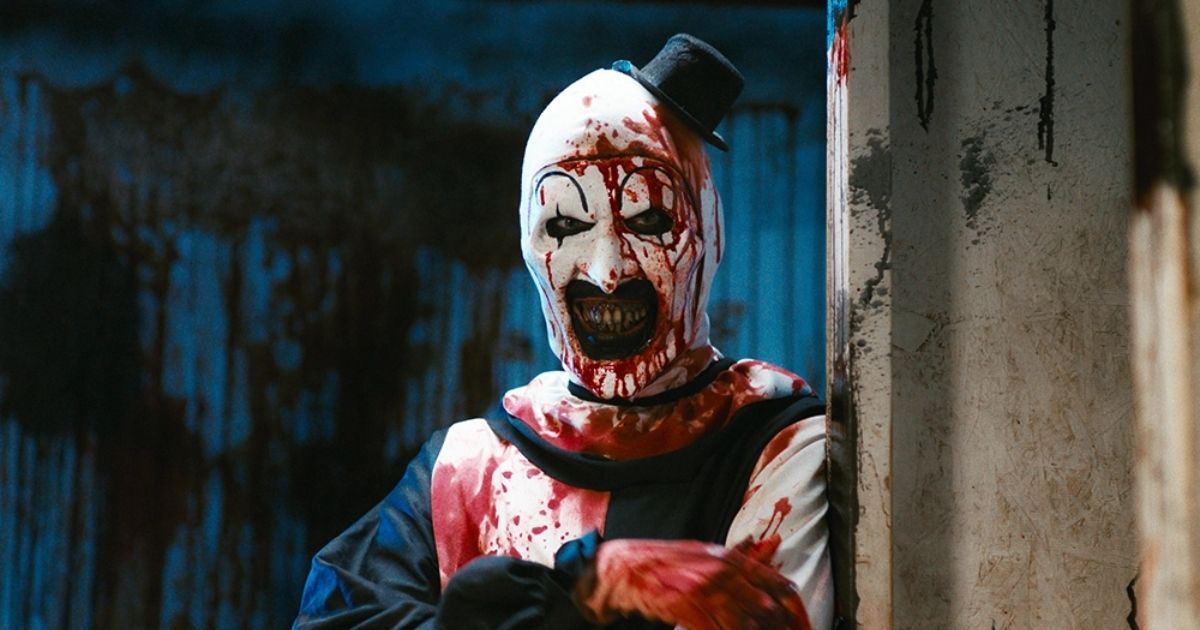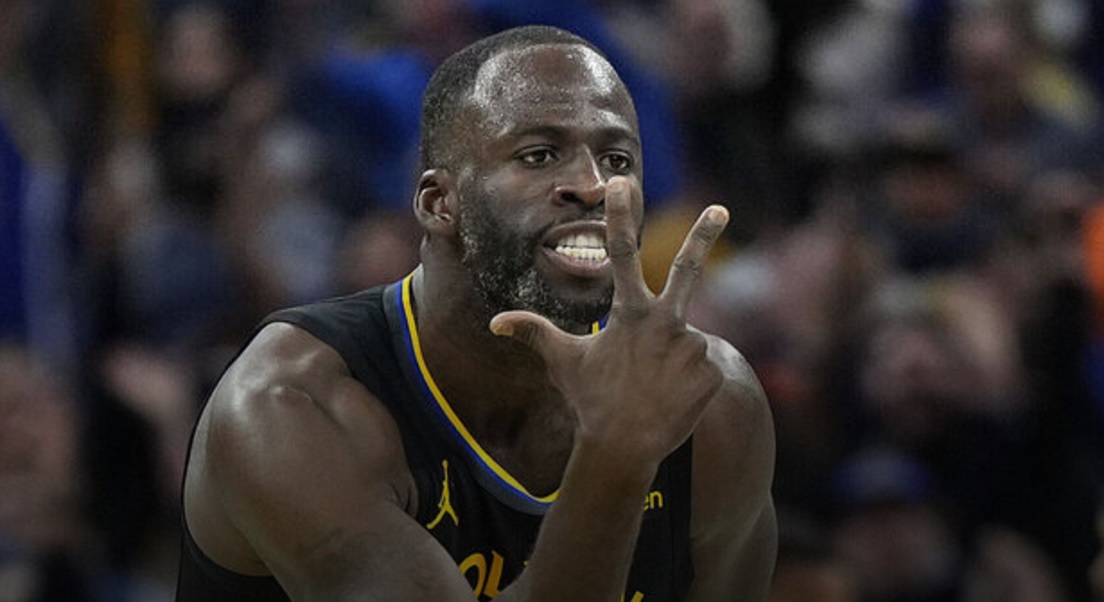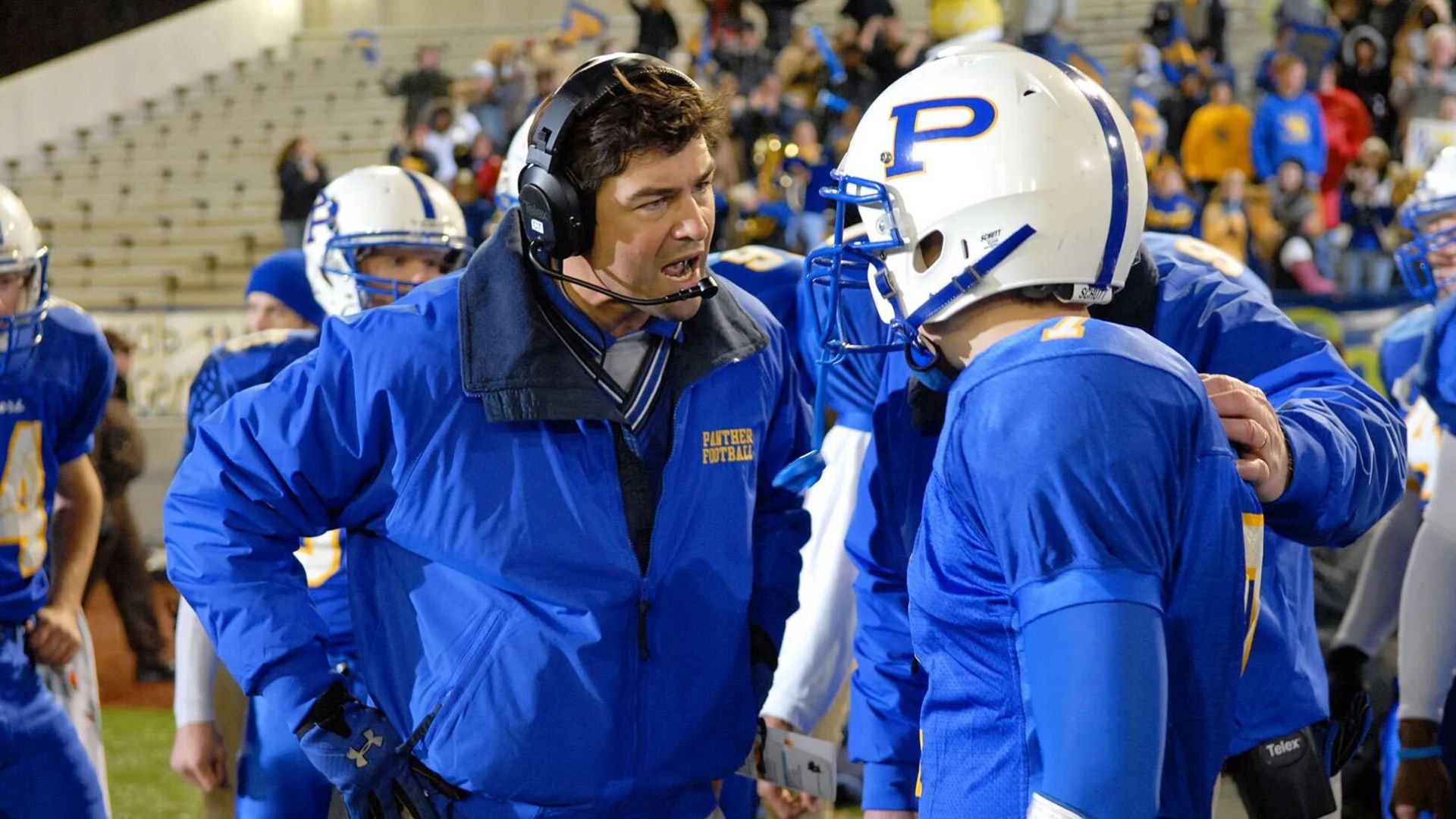“Who is he? What is he? Where did he come from?” So begins Moonage Daydream, Brett Morgen’s new avant-garde documentary about legendary musician David Bowie. The quote comes from a 1974 episode of The Dick Cavett Show on which Bowie performed, perfectly capturing the originality, unconventionality, and mystery of both Bowie’s persona and Moonage Daydream. There have been numerous made-for-TV documentaries about him in the past, but until now, there have been few other artistically minded documentaries on the man Rolling Stone declared “the greatest rock star ever.”
The extremely ambitious Moonage Daydream is distributed by Neon and directed by documentary filmmaker Brett Morgen, whose previous credits include the award-winning Jane, about primatologist Jane Goodall, and Kurt Cobain: Montage of Heck. It is the first film ever to be officially authorized by the Bowie estate since his passing in 2016. Morgen was given access to an archive of over five million items, including Bowie’s paintings, experimental video art, drawings, recordings, photographs, and personal journals, many of which have never been seen by the public before.
MOVIEWEB VIDEO OF THE DAY
A Perfect Encapsulation of David Bowie’s Avant-Garde Style
Moonage Daydream begins and ends with the pounding, pulsing rhythms of Bowie’s 1995 song “Hallo Spaceboy,” his confused and frightened voice crooning in the distance as if from another dimension. It is perhaps, surprisingly, this lesser-known song that lends the biggest inspiration to the film’s editing and atmosphere. For over two hours, you’ll stare wondrously up into the enormous IMAX screen and be bombarded with a parade of fragmentary images from throughout Bowie’s eclectic career, feeling as if director Brett Morgen had put his ray gun to your head, as Bowie once sang, and blasted away.
With its overwhelming sensory assault and 140-minute runtime, the film will certainly not be for everyone — but neither was Bowie. Indeed, what is so remarkable about Moonage Daydream is how perfectly it captures the mayhem, the mystery, and the contagious style of David Bowie in the 1970s. Rarely has a music documentary ever attempted, let alone succeeded, to so capture the soul of its subject.
The movie feels particularly fitting and almost poignant because it attempts to do exactly what Bowie had done his entire career: to somehow make the avant-garde mainstream. At his core, Bowie really was an experimental artist with no interest in making music simply to please his fans. One of the things that defined him was the impossibility of being defined. He was called by many a chameleon, and with every album completely transformed who he was and what kind of music he made. In one album, he was making rock, in the next jazz and soul, then synth-pop, then abstract ambient music, then going on to invent two or three new genres out of whole cloth.
Over his career, he influenced an absurd variety of music, including everything from glam rock and pop to grunge, alternative, and punk — not to mention his profound influence decades later on K-Pop. Bowie was most comfortable on the fringes of society. He was one of the first celebrities in the United States to openly announce that he was bisexual, wore dresses and makeup in interviews, and helped redefine gender and sexuality. All of this only scratches the surface of his incredible career.
All this is to say that when Brett Morgen set out to make something that embodied Bowie as an artist, it simply could not be a normal movie. Like the artist himself, Moonage Daydream defies categorization. To call it a documentary, or even to say it is about David Bowie, is somewhat misleading. The film melts from mood piece to concert film to emotional travelogue, and everything in between. At its core, it is really a statement of artistic philosophy narrated entirely by Bowie himself and an attempt to capture what it would be like to have pure 1970s Bowie injected into your veins.
RELATED: The Best Musical Biopics, Ranked
It comprises footage from concert appearances, talk show interviews, home videos, music videos, old science fiction movies, and pure abstract imagery. On the soundtrack, we hear from no one other than Bowie in philosophical ruminations taken from archival recordings. There is no voice-of-god narration providing context for what we see or telling us authoritatively about Bowie’s life. Instead, there is a virtually non-stop playlist of Bowie’s greatest hits in thundering IMAX sound, and often the film reverts to images of space or floating shapes and asks us simply to sit and listen to the music. This is about as far as you can get from the classically narrated BBC documentaries we’ve gotten up to this point.
Two quotes from Bowie define the movie’s project. In the first, Bowie says that the greatest mistake that civilization has made was to embrace order rather than chaos. In the second, Bowie says that what he loved about old rock music was the sense of mystery surrounding the musicians; as a young boy, he would listen to Fats Domino without understanding a word he was saying — and loved it all the same. These quotes help explain what Morgen has tried to do.
Above all, the film embraces Bowie’s career’s chaos and confusion, during which he spent several of his biggest years dressed in elaborate costumes and claiming he was an alien rockstar from Mars sent to save us all with the power of rock music. And to preserve the mystery, he doesn’t explain what we’re seeing in any meaningful way. This is nothing but a daydream, after all.
What Moonage Daydream’s Avant-Garde Approach Leaves Out
NEON
Although it is impossible to deny the incredible artistic achievement of Moonage Daydream, it may leave some viewers wanting more. The film is like a pointillist portrait of Bowie’s artistic philosophy but does not really give a sense of the man himself. A scant 60 seconds are devoted to Bowie’s fear that he may have inherited his family’s history of schizophrenia, which by all other accounts had a deep influence on his work. Little is said about his childhood and nothing about the last three decades of his life.
For the die-hard Bowie fans, this may be a bit frustrating, especially given Morgen’s unprecedented access to Bowie’s personal archives. For the most part, the film travels on the well-trodden ground in exploring his star persona of the 1970s and 1980s and his penchant for artistic innovation.
RELATED: 8 Major Filmmakers Who Directed Music Videos
In addition, while conceptually it makes sense to have Bowie’s own voice narrate the film given what it’s trying to accomplish, it is a risky move. As music critic Peter Doggett writes in his 2012 book on Bowie, the artist consciously and meticulously crafted his public image, often spewing nonsense in interviews to build up his mysterious, mythical star persona and telling the audience only what they wanted to hear. Indeed, throughout Moonage Daydream, Bowie’s words repeatedly contradict themselves: in one moment, for example, he claims that he has no human emotions and later says that he is “very emotional.”
In the end, it just shows how much this movie is committed not to an objectively true portrait of Bowie’s life but to the enigmatic, mysterious, and even perplexing persona that was Ziggy Stardust and David Bowie. For those expecting a cut-and-dry, authoritative account of his life and work, you won’t find it here.
An Inspirational Portrait of an Artist
NEON
For a moment, though, let’s put aside the somewhat abstract discussion of the pros and cons of Brett Morgen’s experimental filmmaking style. What Moonage Daydream does most of all is to provide an overwhelming and inspirational glimpse into the mind of someone who was — with no exaggeration — one of the greatest artists of the 20th century. By the end of the movie, you may feel like Malcolm McDowell in A Clockwork Orange, with your arms cuffed to the chair, your eyelids taped open, and your brain fried by sensory overload. But you’ll also likely leave the theater wanting to make changes in your life: to stop wasting your time with unimportant things and to go out and create something unique and special like David Bowie did in every moment of his captivating life.
Moonage Daydream opens in theaters on September 16, 2022, and is expected to release on HBO Max in the spring of 2023.
You can view the original article HERE.

